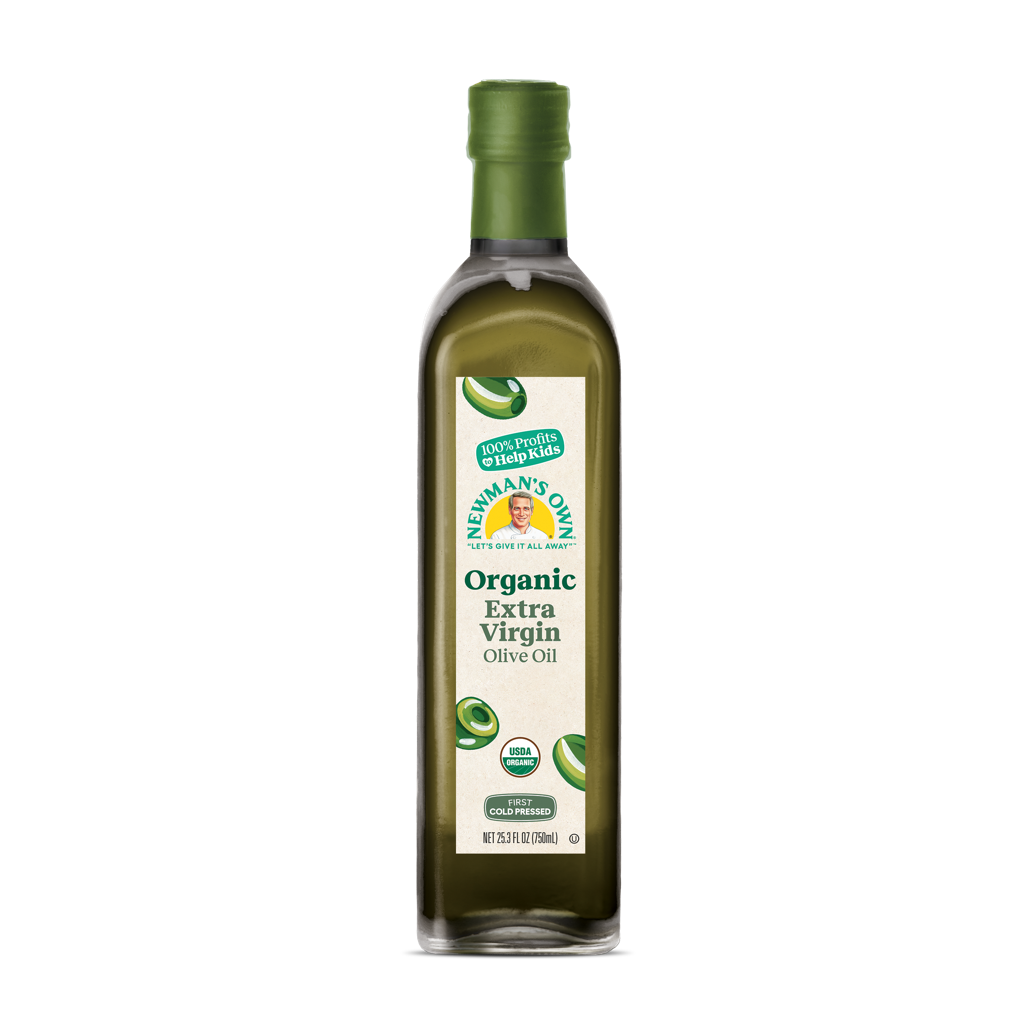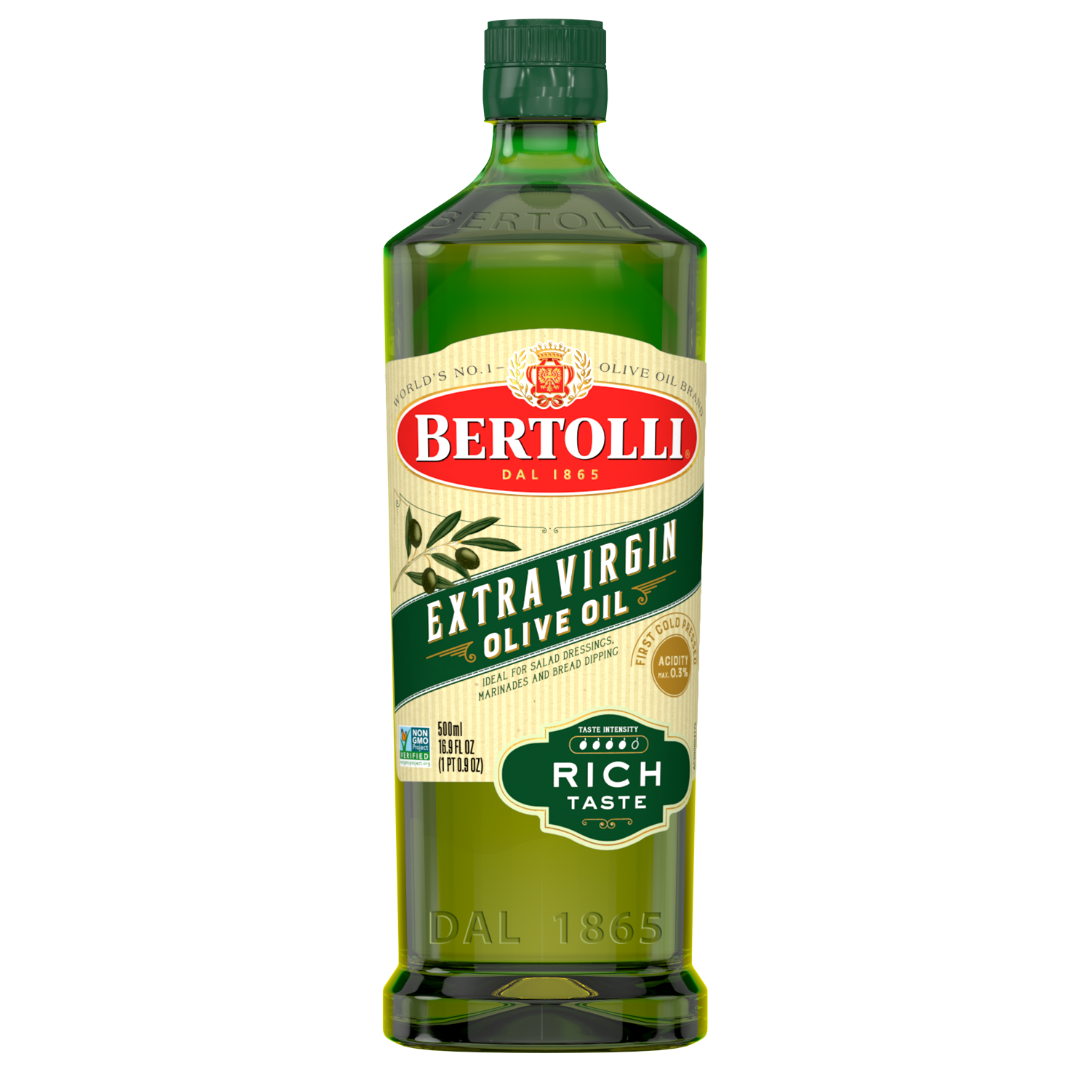How Extra Virgin Olive Oil Benefits Your Heart and Overall Well-being
How Extra Virgin Olive Oil Benefits Your Heart and Overall Well-being
Blog Article
Exploring the Various Kinds of Olive Oil and Their Uses, Consisting Of Additional Virgin Olive Oil
The expedition of olive oil encompasses a diverse range of kinds, each offering distinctive tastes and culinary applications. Extra virgin olive oil, renowned for its superior quality and health and wellness advantages, serves as a staple in lots of cooking areas, yet it is only one facet of this multifaceted ingredient.
What Is Olive Oil?
Acquired from the fruit of the olive tree, olive oil is a staple in Mediterranean cuisine and a crucial active ingredient in various culinary applications. This versatile oil is generated by pressing entire olives, resulting in a liquid that differs in flavor, shade, and scent depending upon the sort of olives utilized, the region of growing, and the removal process. Olive oil is predominantly composed of monounsaturated fats, especially oleic acid, which is understood for its possible health and wellness advantages, including anti-inflammatory homes and cardiovascular support.
In addition to its cooking uses, olive oil has a lengthy history of application in standard medicine and skin care, owing to its abundant antioxidant web content (extra virgin olive oil benefits). The oil is typically utilized in dressings, sauces, and for cooking approaches such as sautéing and roasting. Its distinctive taste profile can enhance the taste of numerous recipes, making it a vital active ingredient for both home chefs and expert cooks
Furthermore, olive oil is commemorated for its duty in the Mediterranean diet, which is linked with many health benefits. As recognition of these advantages grows, olive oil continues to get popularity worldwide as a basic part of a healthy and balanced lifestyle.
Kinds Of Olive Oil
Understanding the numerous sorts of olive oil is essential for both health-conscious customers and cooking enthusiasts. Olive oil is classified mostly based on its extraction technique and high quality, which considerably influences its health, aroma, and flavor advantages.

Light olive oil, regardless of its name, refers to a lighter flavor and not lower calories. It is optimal for those looking for a more subtle preference in dressings and marinades. Additionally, there are flavorful olive oils infused with natural herbs, seasonings, or citrus, which can enhance dishes without the requirement for extra seasoning.
Each kind of olive oil offers specific culinary functions, and recognizing these differences permits customers to make enlightened choices that straighten with their cooking styles and health goals.
Extra Virgin Olive Oil
Additional virgin olive oil (EVOO) is commonly considered the finest olive oil readily available, renowned for its rich flavor and countless health benefits. To be classified as extra virgin, the oil needs to be created from fresh olives using mechanical processes, without using solvents or extreme warmth. This precise approach preserves the oil's all-natural tastes, anti-oxidants, and healthy fats, resulting in a product with a low acidity level of less than 0.8%.
EVOO is abundant in monounsaturated fats, particularly oleic acid, which is linked to decreased inflammation and improved heart health and wellness. It likewise contains polyphenols, powerful anti-oxidants that may supply safety effects versus chronic diseases. The flavor profile of EVOO can differ dramatically depending upon the olive range and area of manufacturing, ranging from grassy and fruity to robust and sharp.

Culinary Utilizes of Olive Oil

In cooking, olive oil can be made use of for sautéing, toasting, and grilling, providing a healthier choice to butter or other fats. Its high smoke point makes it ideal for different cooking methods, while its antioxidants add to a heart-healthy diet regimen. Drizzling olive oil over ended up recipes, such as pasta, fish, or barbequed vegetables, can boost tastes and add a touch of style.
Additionally, olive oil plays a significant duty in cooking, where it can replace typical fats in dishes for bread and pastries, passing on wetness and a subtle taste. It additionally acts as a base for infused oils, permitting chefs to try out tastes such as garlic, herbs, or chili, better broadening its cooking capacity. In general, olive oil's convenience makes it essential in both home and professional cooking areas.
Picking High Quality Olive Oil
When selecting quality olive oil, it's important to take into consideration numerous crucial variables that affect the product's flavor, health, More about the author and aroma advantages. First and foremost, select additional virgin olive oil (EVOO), which is acquired from the first cold pressing of olives and contains the highest degree of anti-oxidants and useful substances. Look for oils that are accredited by identified organizations, as this frequently ensures adherence to strict top quality requirements.
The product packaging additionally plays a significant function in preserving the oil's stability. Pick oils kept in dark glass containers or tins to protect against light destruction. Pay interest to the harvest day; fresher oils offer exceptional flavor and nutritional worth, so choose items that are within 18 months of their harvest.
Be conscious of the preference; an excellent top quality olive oil must have a balance additional resources of fruity, bitter, and peppery notes, suggesting its splendor and intricacy. By assessing these aspects, you can ensure you are selecting the ideal olive oil for your culinary needs.
Conclusion
In recap, the exploration of different types of olive oil exposes distinct characteristics and applications, with added virgin olive oil representing the peak of quality due to its reduced acidity and high antioxidant material. Comprehending the different selections of olive oil enables for educated choices in food preparation techniques, advertising much healthier techniques while enhancing the general gastronomic experience.
Derived from the fruit of the olive tree, olive oil is a staple in Mediterranean food and an essential ingredient in different cooking applications.The most common kinds of olive oil include fine-tuned olive oil, pure olive oil, and light olive oil.Bonus virgin olive oil (EVOO) is extensively regarded as the highest possible high quality olive oil available, well known for its abundant taste and numerous health and wellness advantages. Choose for added virgin olive oil (EVOO), which is derived from the first cold pressing of olives and includes the highest degrees of anti-oxidants and helpful substances.In summary, the expedition of numerous kinds of olive oil exposes unique attributes and applications, with additional virgin olive oil representing the peak of top quality due to its reduced level of acidity and high antioxidant content.
Report this page